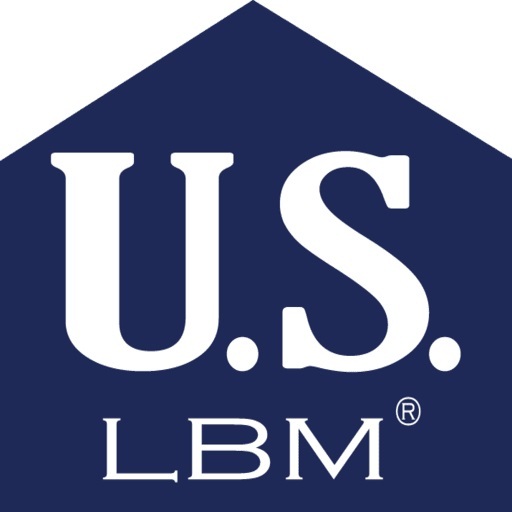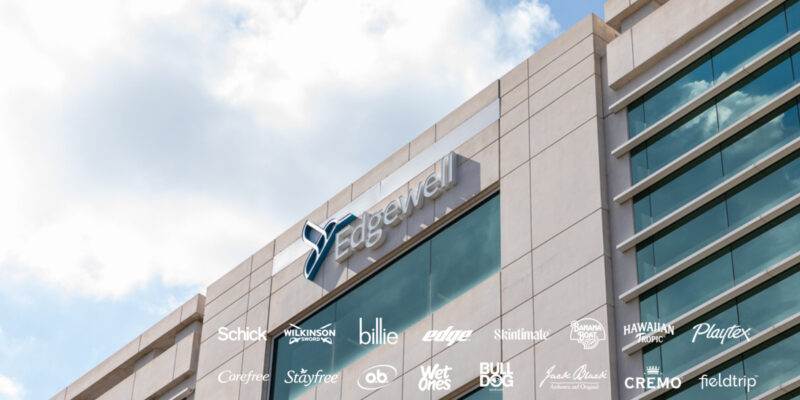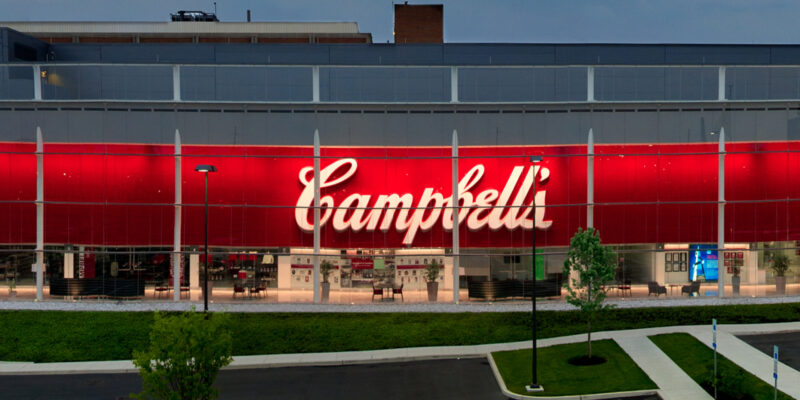US LBM Holdings, LLC, a leading building products distributor in the United States with over $11.4 billion in annual sales, embarked on a journey to enhance its operational efficiency and meet the challenges posed by the rapid growth through acquisitions. To streamline integration of new businesses and quicken data and system assimilation, US LBM adopted a contemporary cloud strategy. Collaborating with Khoj Information Technology, they developed a custom Enterprise Application Integration (EAI) platform using Azure Integration Services. This middleware solution proved instrumental in expediting order fulfilment by more than 90% and fostering a culture of innovation at US LBM. Recently, the company revamped its popular mobile app for order placement and tracking in near real-time, further strengthening its competitive edge.
Overview
Client:
US LBMIndustry:
Lumber and Building MaterialServices:
IT Consultancy and Cloud ComputingVia:
customers.microsoft.comChallenge
US LBM faced challenges in integrating its expanding network. The company, with over 400 locations and an ongoing expansion strategy (adding 46 locations in the last year), required efficient order processing systems to support stakeholders like sales reps, dispatchers, truck drivers, and contractors.
- Legacy Technology Dependence: The building materials industry, including US LBM, heavily relied on on-premises legacy technology for operations. This was a hurdle in integrating newly acquired businesses.
- Outdated Integration System: The existing system, developed over a decade ago with Microsoft SQL Server 2008 R2 and Microsoft BizTalk Server 2010, was slow and inefficient. It handled orders in batches, taking 60 to 90 minutes to process, with each new order cycling through the system in 15 to 30 minutes or more.
- Performance and Scalability Concerns: As US LBM integrated more divisions using Epicor BisTrack (an ERP tool on Azure) across the U.S., the IT team was worried about the old system’s performance and scalability.
USLBM highlighted the need for a cloud-first architecture and a middleware solution that aligns with the company’s growth strategy. This approach would enable efficient integration of legacy technologies from acquired businesses and ensure scalability with subscription-based licensing. The primary objective was to improve the integration between Epicor BisTrack and Descartes (a SaaS-based route planning and optimization tool) and to adopt a cloud-centric integration platform that meets the rapidly growing needs of US LBM.
Solution
US LBM, in collaboration with Khoj Information Technology pivoted towards modern cloud services to enhance their integration capabilities. This move was driven by the need for a flexible and scalable solution to accommodate the company’s rapid expansion and to streamline the onboarding of new divisions using Descartes.
The company found the pay-as-you-go model of Platform as a Service (PaaS) appealing, aligning with their strategy of replacing capital software license expenses with operational cloud subscription costs. Ajay Dhingra from Khoj Information Technology highlighted the benefits of Azure Integration Services, which facilitated a near-real-time bidirectional integration between Epicor BisTrack (ERP solution) and Descartes (SaaS-based route planning tool).
Developing the EAI Platform: The team created a custom Enterprise Application Integration (EAI) platform. This involved reverse-engineering the existing integration solution to build a proof of concept using Azure Logic Apps. The solution significantly reduced the order cycle time from over 15 minutes to less than 2 minutes.
Expansion and API Integration: The EAI platform expanded to include Azure API Management, enabling connections to multiple ERP environments and other critical systems, like US LBM’s mobile application. This serverless architecture streamlined the integration process, making it efficient and scalable.
Serverless Architecture and Benefits: The new enterprise iPaaS architecture is event-driven, with Azure Logic Apps triggering workflows that run in near real-time. Azure Functions handle data transformations and mapping, reducing the need for extensive coding and infrastructure maintenance. This serverless architecture allows the platform to scale dynamically, meeting the needs of US LBM’s growing divisions.
System Management and Self-Service: A custom system management console was developed using Azure App Service, providing an easy-to-use interface for business stakeholders. The console aggregates telemetry data from multiple sources, allowing dispatchers to take immediate corrective actions. The system is designed to self-heal, reducing the need for constant technical team engagement.
Outcome and Future Prospects: This cloud-centric integration approach has given US LBM a sustainable competitive advantage by ensuring real-time data is accessible even on mobile devices. The success of this project has positioned the EAI platform as a foundational element for future functionalities and integration within US LBM.
Results
US LBM’s adoption of a cloud-first integration strategy has proven highly successful. The company in association with Khoj Information Technology leveraged Azure Integration Services has enhanced its capability to quickly onboard new divisions. This process includes making code revisions specific to each division’s business processes and integrating and testing their business systems efficiently — all within a 60-day timeframe.
Impact on Performance Indicators: The Azure Integration Services platform has been instrumental in driving key performance indicators for US LBM that were previously unattainable. Ajay Dhingra from Khoj Information Technology highlights how this integration platform has transformed operational capabilities.
Influence on the Industry: US LBM’s integration approach has garnered attention in the lumber and building materials industry, especially among users of Epicor BisTrack. Epicor had consulted with Ajay Dhingra and Khoj team to understand US LBM’s strategy to facilitate better connectivity for its Epicor customers with Descartes solutions.
Azure’s Role in Custom Integration: Ajay Dhingra emphasizes the versatility and power of Azure, which allows for the creation of custom integrations and exploring other valuable integration possibilities. Azure’s rich toolbox and flexibility are key factors in attracting and retaining customers.
Scalability and Rapid Growth: Greg Bossert from US LBM acknowledges the scalability offered by cloud solutions, particularly essential for a company growing through acquisitions. Azure Integration Services have significantly accelerated the integration process for new acquisitions, a critical aspect for US LBM’s expansion strategy.
Improvements in Order Processing: Michael Lombardi, Director of Logistics at US LBM, notes the marked improvement in order cycle times with the adoption of Azure Logic Apps. The platform has provided more stability, faster processing times, and reduced variability in order cycles, addressing challenges faced with the old system.
Overall, US LBM’s cloud-first integration approach, facilitated by Azure Integration Services, has not only streamlined its internal processes but also influenced broader industry practices, underscoring the effectiveness and potential of cloud-based integration solutions.








